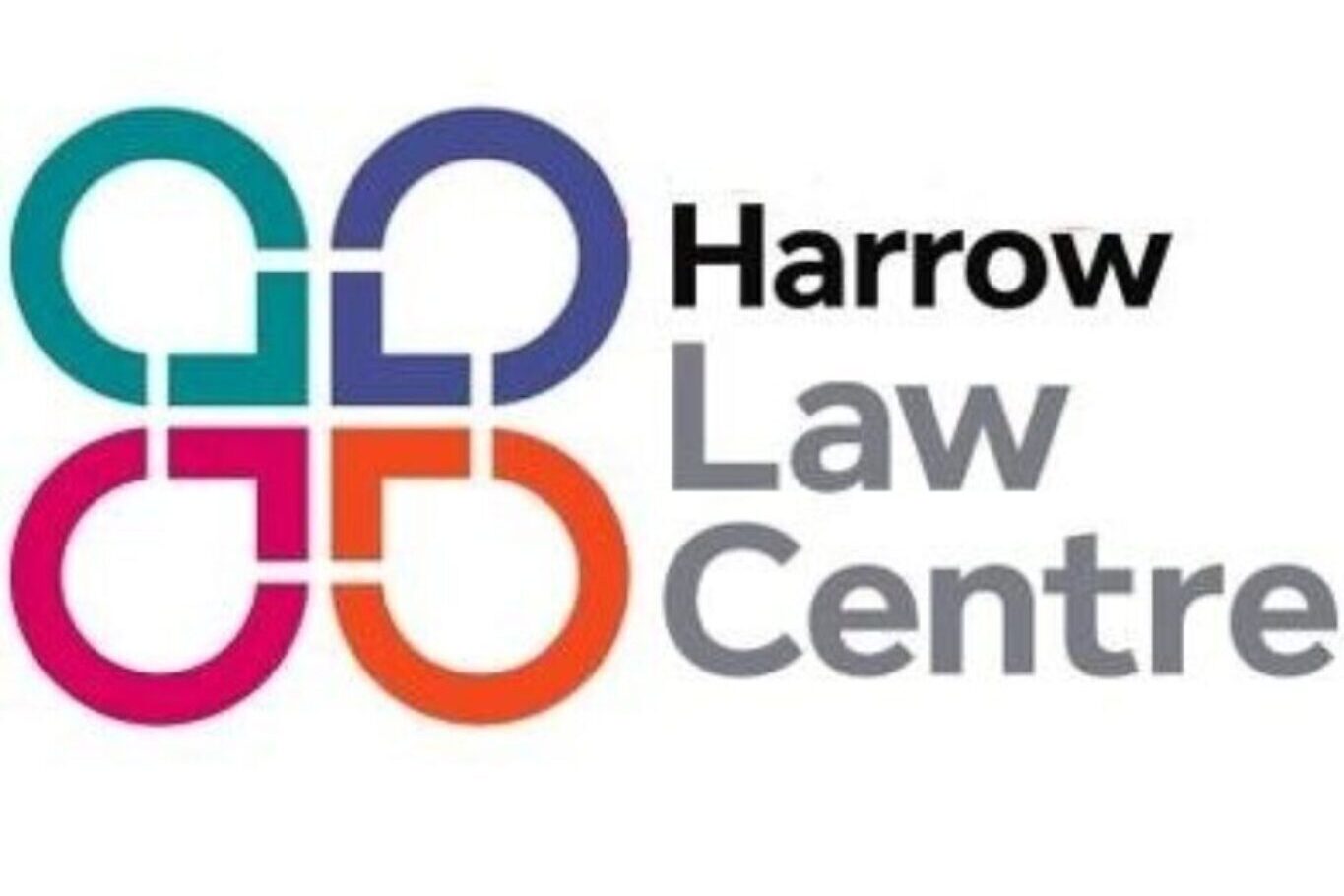A Law Centre is non-profit making and independent both from the local authority and the Legal Services Commission. Any organisation wishing to call itself a Law Centre must be accepted as a member by the Law Centres Federation. This means abiding by certain rules for membership and ensuring that certain minimum standards are met.
All Law Centres have salaried staff, including solicitors, barristers and community workers. They also have teams of volunteers that give their services for free. They may include lawyers employed elsewhere, volunteer administrators, fundraisers and others. If you are interested in helping out at Harrow Law Centre please contact us using the form on the side of this page.
Advice is provided free and priority is given to work that affects the most disadvantaged.
Law Centres are specialists in social welfare law. This covers for example community care, housing, education, employment, debt, immigration, community care, benefits, etc. Law Centres can provide representation at Court and at tribunals. For a list of areas that Harrow Law Centre provides advice, see our page ‘Advice’ on the bar above.
Law Centre workers support and offer training to local generalist advice agencies, as well as social workers and community workers. They work closely with local agencies to ensure that there is no duplication of services. They take referrals from a wide range of organisations, including referrals from local councillors and MPs. If you believe your case is suitable for your local law centre but do not have a referral, it is often worthwhile contacting them anyway – they may be able to take your case without a referral or advise you as to how to obtain one.
Law Centres work with local groups, such as lone parents or young people to explain their rights. Law Centres also work with local authority officers and councillors on the introduction and implementation of local policies. They participate in local forums debating local issues, such as policing and environmental improvements, feeding in the views of local people. They also participate in planning services and especially the planning and co-ordination of local legal and advice services and the overall community strategies being developed by Local Strategic Partnerships.


